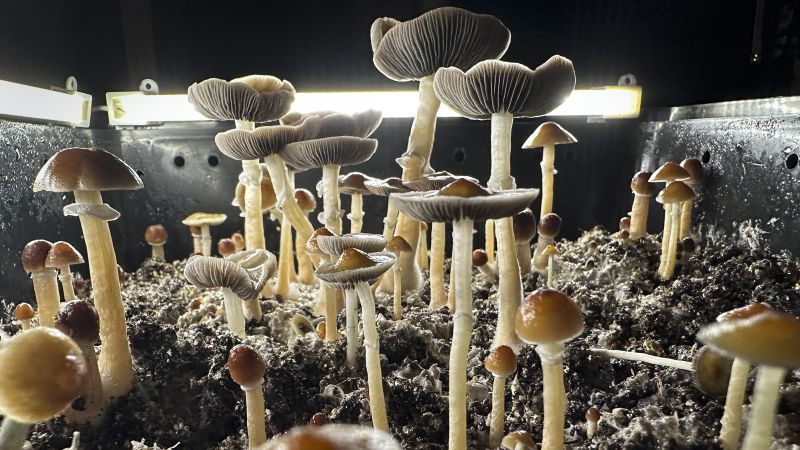Psilocybin Use Surge: Poison Control Calls Rise
A concerning trend emerges as the use of psilocybin mushrooms, often referred to as "magic mushrooms," increases, leading to a significant rise in calls to poison control centers across the nation. This surge highlights the potential dangers associated with unregulated use and underscores the need for increased public awareness and responsible harm reduction strategies.
While psilocybin is being explored for its therapeutic potential in treating conditions like depression and anxiety, its recreational use is unregulated and carries inherent risks. The increase in poison control calls suggests a growing number of individuals are experiencing adverse effects from consuming psilocybin mushrooms, necessitating immediate medical attention.
Understanding the Rise in Poison Control Calls
Data from multiple poison control centers reveals a substantial increase in calls related to psilocybin ingestion. While the exact figures vary depending on the region and reporting methods, the overall trend points towards a consistent upward trajectory. This isn't simply anecdotal; official reports from various state and national agencies support this observation.
Several factors may contribute to this rise:
- Increased Accessibility: The growing availability of psilocybin mushrooms through both illegal channels and online marketplaces contributes significantly to the increase in usage and subsequent adverse effects.
- Misinformation & Lack of Education: Misconceptions surrounding the potency and safety of psilocybin mushrooms are widespread. Many users lack adequate knowledge about safe dosages, potential interactions with other substances, and the risk of adverse reactions.
- Increased Social Acceptance: The changing social attitudes towards psychedelics, coupled with increasing media coverage of their therapeutic potential, may inadvertently encourage recreational use without sufficient understanding of the risks involved.
- Contamination: Illegally obtained psilocybin mushrooms may be contaminated with other substances, increasing the risk of severe adverse reactions or interactions. This is a critical factor contributing to the increased severity of some cases.
What to Do in Case of Psilocybin Ingestion
If you or someone you know has ingested psilocybin mushrooms and is experiencing adverse effects, immediate action is crucial.
- Call your local poison control center immediately. They can provide guidance based on the individual's symptoms and the amount ingested. You can reach them at 1-800-222-1222 in the United States.
- Monitor vital signs. Observe the individual's breathing, heart rate, and level of consciousness.
- Seek medical attention if necessary. Severe adverse reactions, such as seizures, respiratory distress, or severe anxiety, require immediate medical intervention.
The Need for Responsible Harm Reduction
Addressing the escalating issue of psilocybin-related poison control calls requires a multifaceted approach.
- Public awareness campaigns: Educating the public about the potential risks associated with psilocybin use is crucial. Campaigns should emphasize responsible use, accurate information about dosage, and the importance of seeking professional medical help when needed.
- Regulation and control: The current lack of regulation surrounding psilocybin contributes to its unsafe use. Exploring potential regulatory frameworks, similar to those for cannabis in certain jurisdictions, could help control the quality and distribution of psilocybin products.
- Research and therapeutic exploration: Continued research into the therapeutic potential of psilocybin is critical, but it must be conducted alongside thorough research on its safety and potential risks. This will inform future regulations and potential therapeutic applications.
The rising number of poison control calls related to psilocybin ingestion serves as a stark reminder of the potential dangers associated with unregulated psychedelic use. A comprehensive, evidence-based approach that combines public awareness campaigns, responsible harm reduction strategies, and robust research is essential to mitigate the risks and ensure the safety of individuals exploring this substance. This is not a time for complacency; proactive measures are needed now.

